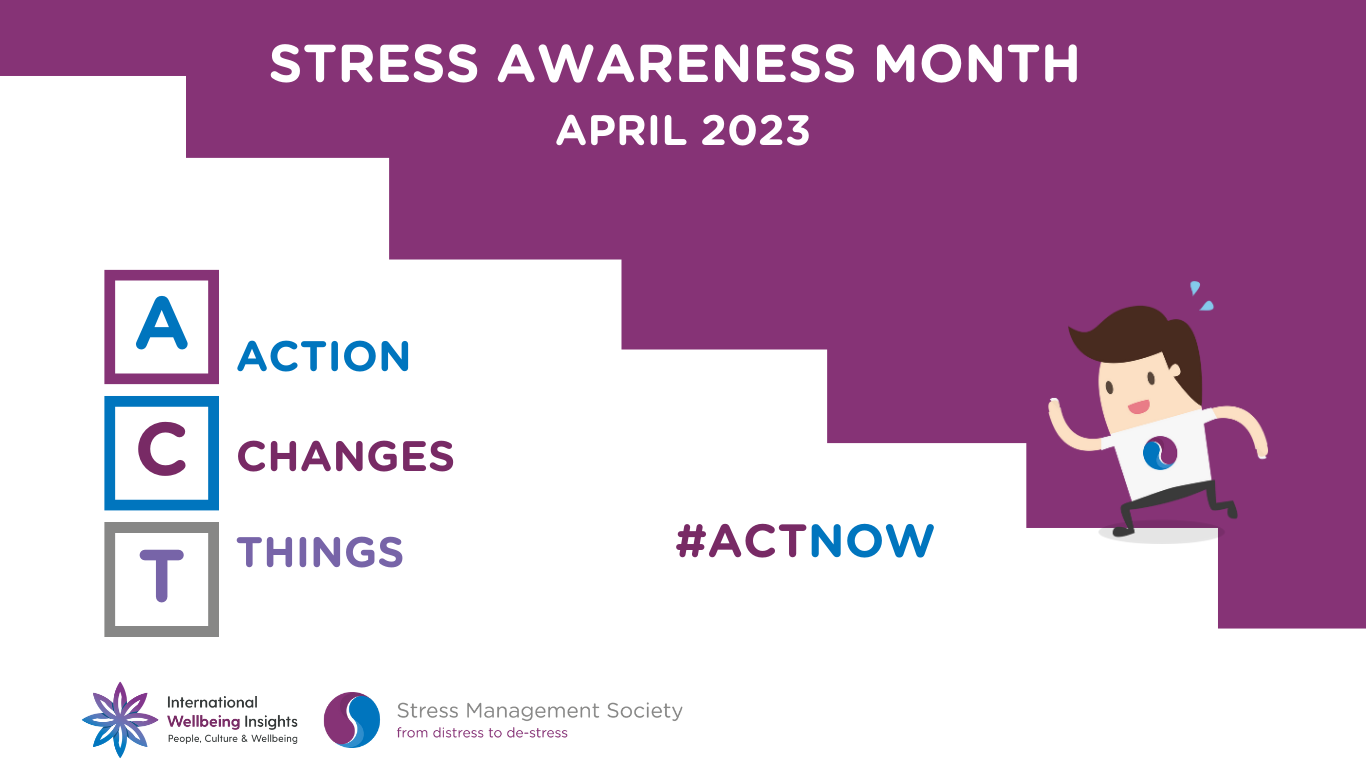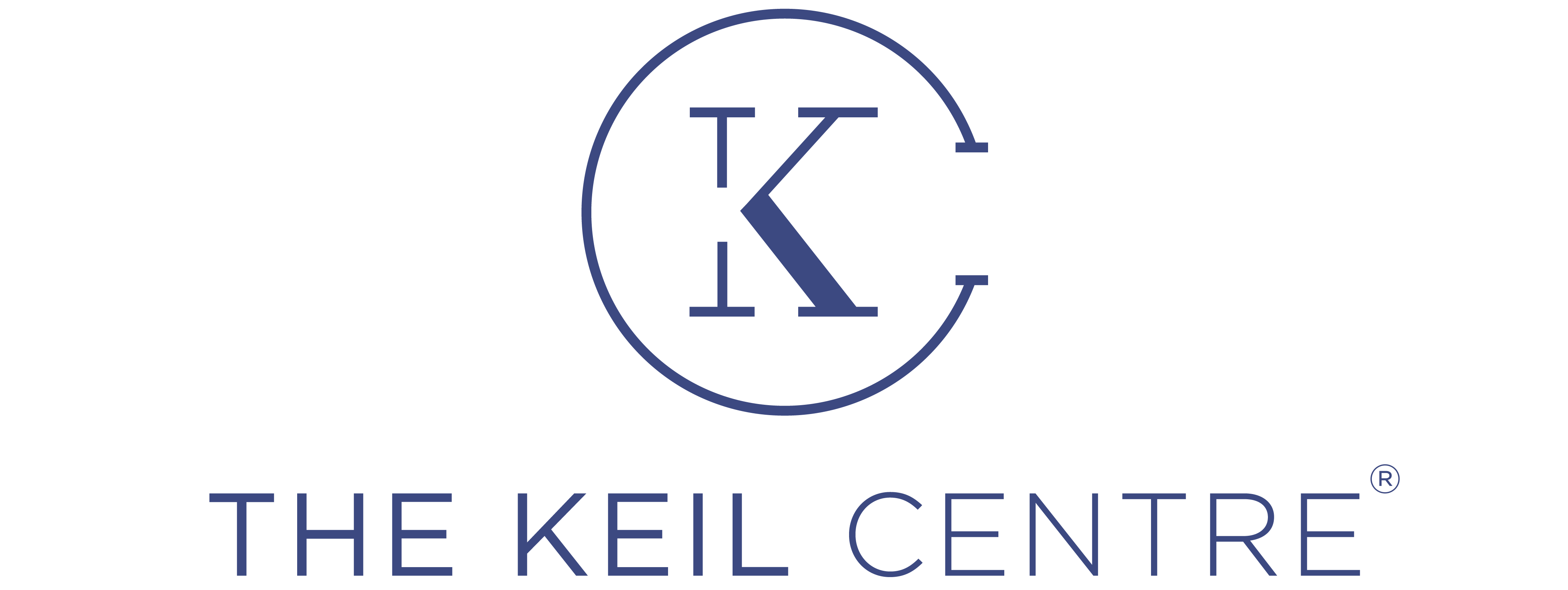Keeping your wellbeing top priority
April 17, 2023

Stress Awareness Month has been held every April since 1992
This is always a good reminder for us all to bring our wellbeing into focus and talk to friends, family, and colleagues about the negative impacts of stress, removing the shame, guilt and stigma around mental health and sharing with each other helpful coping strategies for modern-day stress. Managing stress and your overall wellbeing are as relevant as 31 years ago when stress awareness month first started.
Your wellbeing – “being well”. Pay attention to your physical and mental health to ensure overall wellbeing:
- Self-care. The most important thing you can do when you are feeling stressed and anxious is to make sure you are continuing to look after yourself. We are often good at looking after others, but we are not so good at looking after ourselves. Self-care is not a luxury: it is essential. Make time to rest and pay attention to maintaining a good sleep routine. Relax or do something that you enjoy. Say “no” to unreasonable requests and remember to exercise and eat well, even when, or especially when, you feel stressed.
- Join the 30-day Challenge in April. You may want to set yourself a challenge. The Stress Management Society are encouraging people this year to pick one action for your Physical and Emotional / Mental Wellbeing to carry out every day. It takes 30 days to turn action into habit, which is why this is a month-long programme.
- Be kind to yourself and others who are stressed and anxious – we are all undoubtedly going to experience stress and anxiety in our lifetime, so treat yourself and others going through it with compassion and understanding.
Managing stress in the workplace
The CIPD’s latest health and wellbeing survey, in partnership with SimplyHealth (2022), found that organisations have accelerated their employee wellbeing activity during the global pandemic and, two years on, are still committed to supporting their people. However, evidence suggests that activity in this area is starting to slip, and a more holistic approach – based on the health risks and needs of the workforce – is needed. This may include:
- Looking after people throughout the employee life cycle. Offering support to meet the potential challenges individuals may experience at different life stages, such as caring responsibilities and chronic health conditions (Health and wellbeing at work, April 2022).
- Talking about mental health at work. Mental Health UK give some good pointers about how you might approach a colleague at work if you are worried about them. Think about how, when and where you might want to broach the conversation:
- choose a place where you can speak privately; choose a right time e.g., a lunch break or private meeting where you won’t be interrupted; active listening, “the practice of preparing to listen” - really listen to what the person is saying, observing verbal and non-verbal messages, and then reflect understanding to the message presented. Just waiting for your turn to speak and thinking about what you are going to say next can take away from active listening; ask open questions – “How are you feeling today?”, “How do you look after yourself?”, “What support do you have in place?”, “Are there people you can talk to?”
- being kind is key – there is no perfect way to start a conversation about someone’s mental health and wellbeing. Being kind, non-judgmental and empathic go a long way.
For more information on our awareness raising sessions on dealing with stress in the workplace and for information on referring a friend, family member or colleague to our clinical and counselling psychology service, please contact Lize van Niekerk (Clinical Services Manager) at lize@keilcentre.co.uk.

